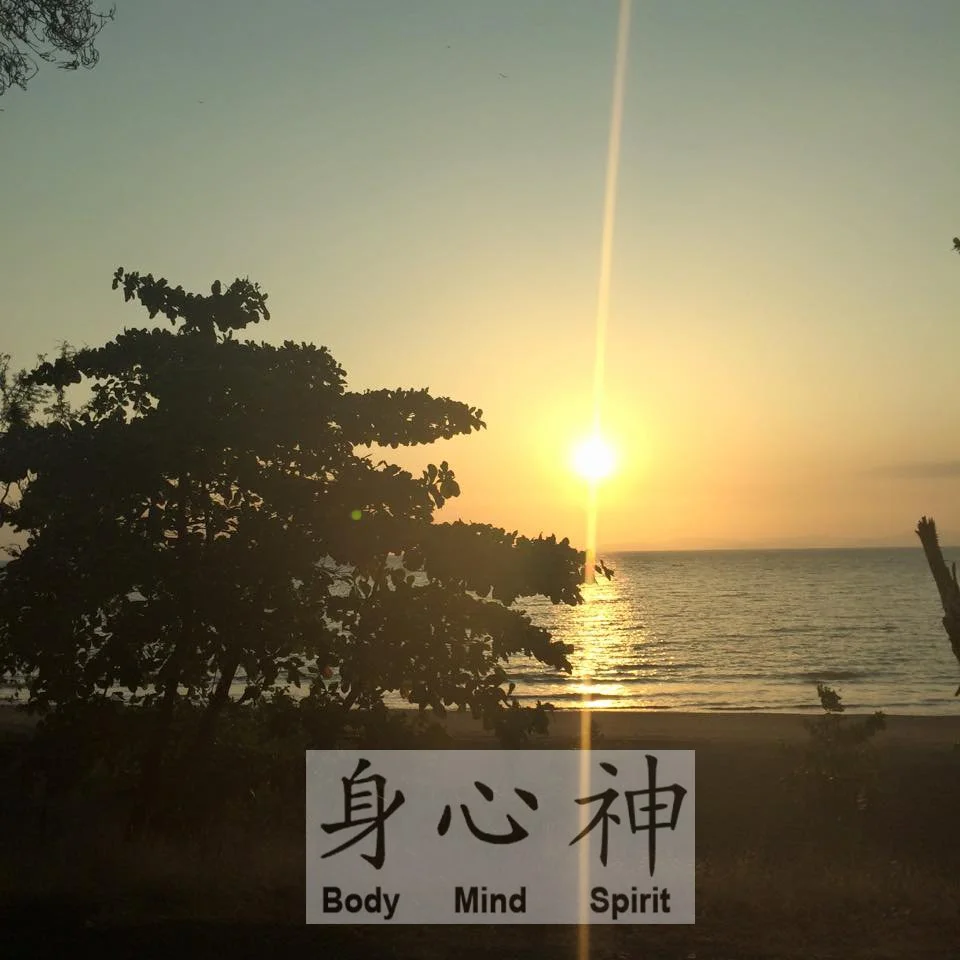
Tai Chi for Musicians
Self Care
is an essential part of a balanced life. As self care became a priority for me I began exploring possible changes to my lifestyle. Since 2018, I have studied Tai Chi Chuan at a local Shaolin-Do school. For me this practice has had a number of positive impacts on my health, my music practice, and my teaching style.
As I began to experience the release of some of my mental hang ups, I became more physically aware of seemingly small things. As a musician, this included for example the subtle changes in our throat muscles that take place as a part of voicing, the exact amount of pressure and placement of the tongue on the reed when articulating, the shallowness or depth in my breath, the subtle deficiencies in my posture that lead to pain and even injury in playing an instrument.Through this heightened physical awareness I have increased my ability to connect with students and help them become more self aware. This has also given me an increased amount of patience and empathy with students who are struggling to produce characteristic sounds that for those of us who have put in or are putting in our 10,000 hours seems as simple as tying our shoes. Often in Tai Chi our focus is not on what we should be doing or what we’re doing wrong but to focus our energy on discovering and giving purpose to that which is natural. Studying Tai Chi has helped me to focus on each present moment or aspect of my practice and performance. This personal revelation has given me a new perspective on practice and performance that I am able to share with my students.


